Over the past year, CEEMAN's Board has repeatedly discussed the role that CEEMAN could play in engineering a badly-needed course correction in management education and research. With some 200 members representing institutions in CEE, Russia, Central Asia, China, Africa, and Latin America, as well as participation from the more established economies of Western Europe and the US, CEEMAN is uniquely placed to play such a role. The centre of gravity of innovation in products and services as diverse as high-speed rail transport, container lifting cranes, hotels, and internet shopping platforms has already shifted from West to East, and there are strong reasons to believe that management development may be next in line. Management development institutions from the established economies of the world appear to be drifting ever-further away from practice, and there is a vacuum waiting to be filled!
Over the last 60 years, since the almost simultaneous publication of the Carnegie Foundation and Ford Foundation reports on management education, and particularly in the last few decades, there has been a decline in the attention given to teaching relative to research publication, and the widespread adoption of "A" journal publication as the new gold standard. Published in the late 50's, business education was criticized in both the Carnegie and Ford Foundation reports for having weak scientific foundations and curricula for being "too narrow and simple-minded". In the intervening years the definition of excellence has been steadily narrowed to this singular "A" journal publication yardstick and the quest for relevance which characterized the first fifty years of professional education for managers, largely put to the side. Faculty promotion criteria have been similarly narrowed with the result that change has been increasingly difficult to undertake. While it may seem unlikely to many that the winds for change might originate in the world's rising markets , it is exactly in these markets that the beliefs and practices of many " Western" institutions and the "one size fits all" approach of their accreditation schemes seem particularly at odds with what is needed. This misfit appears however not to be limited to the rising economies of the world; it is in varying degrees a global phenomenon.
Over the last 20 or so years there have been rumblings of dissatisfaction with the course on which management education and research has been headed. But the rumblings about the perceived shift away from practice and its search for scientific status have not yet produced significant change- they have remained rumblings, not powerful eruptions. Only now, and originating as often in the developing world as the so-called developed world, does a consensus seem to be emerging that a change of course is long overdue and increasingly imperative. The world in which real managers live is becoming increasingly complex and challenging as technological change accelerates, digitalization and globalization upend one market after another, and responsibilities "beyond the bottom line" multiply. Theory disconnected from practice no longer stands up as the only medicine managers need.
The Swedish scholar Johan Roos, himself a well-trained theoretical and quantitative researcher summed up the current situation aptly when he stated:
"We are now stuck with an academic system in which business schools are run as if they are deaf, blind, and dumb to a completely new emerging world.... too many professors have never worked outside of academia and are unfamiliar with the day-to-day operations of companies or the intricacies of how decisions are actually made".
Roos's comments speak to the fact that in many management institutions today, not just in the West but around the globe, powerful formal and informal forces exist which favor:
At the root of all these skewed orientations is the belief that management is indeed a science and that as in the physical and in many social sciences, research, teaching AND practice should look to the scientific method for insight.
We at CEEMAN have a more contoured view - and in the attached Manifesto to which all members of the CEEMAN Board are signatories, we attempt to understand the real nature of management and leadership, and from that draw conclusions about what the future shape of management education and research should look like. As the reader will discover it is neither a return to the founding years of management development, nor is it a continuation down the cul-de-sac towards into which many management schools now appear to be headed. Rather it is to reestablish relevance alongside excellence as the way forward. Relevance it will be seen has three distinct requirements:
The further requirement for OVERALL quality is to rebalance attention to teaching as well as research, and to see research as a support to teaching as well as for publication purposes. Inevitably this means pursuing the ideal of a single faculty whose members are each engaged in both teaching and research with all its benefits for both.
The Manifesto goes much further, and was prepared with large ambitions in mind - no less than to trigger a change of course in management teaching and research worldwide. To trigger this process a number of specific initiatives and steps are planned, including:
Only a reading of the complete Manifesto attached will fully illuminate the shortcomings of where management development has landed today, and the full measure of what has to be done by whom if what amounts to an about-turn from the current course, is to succeed.